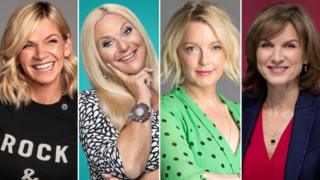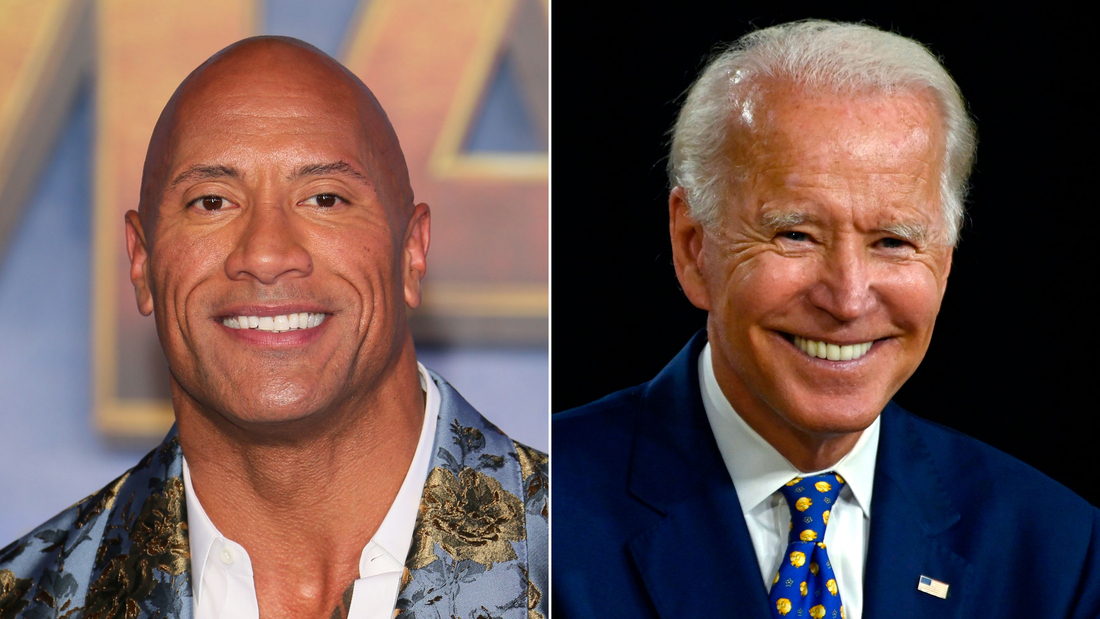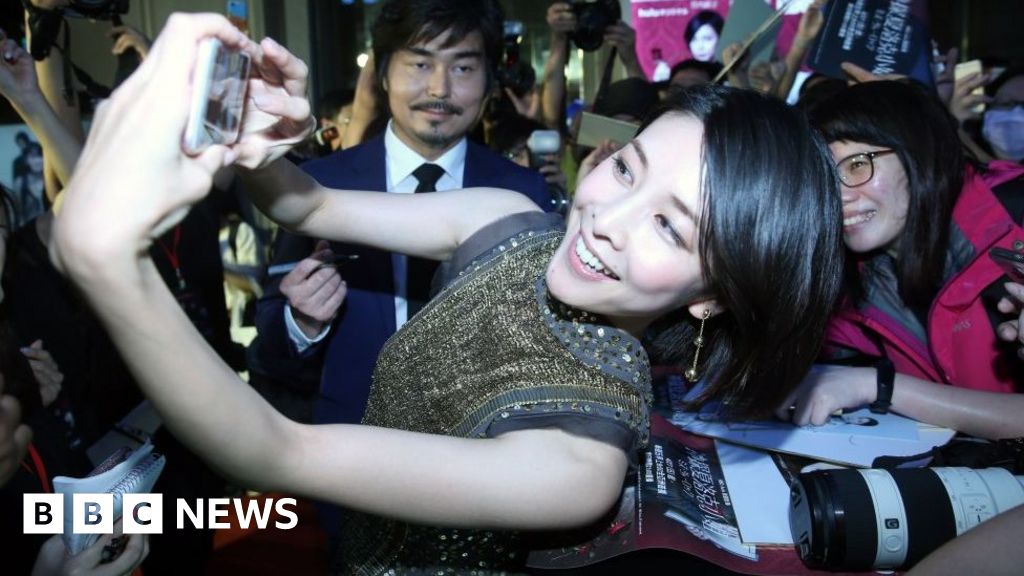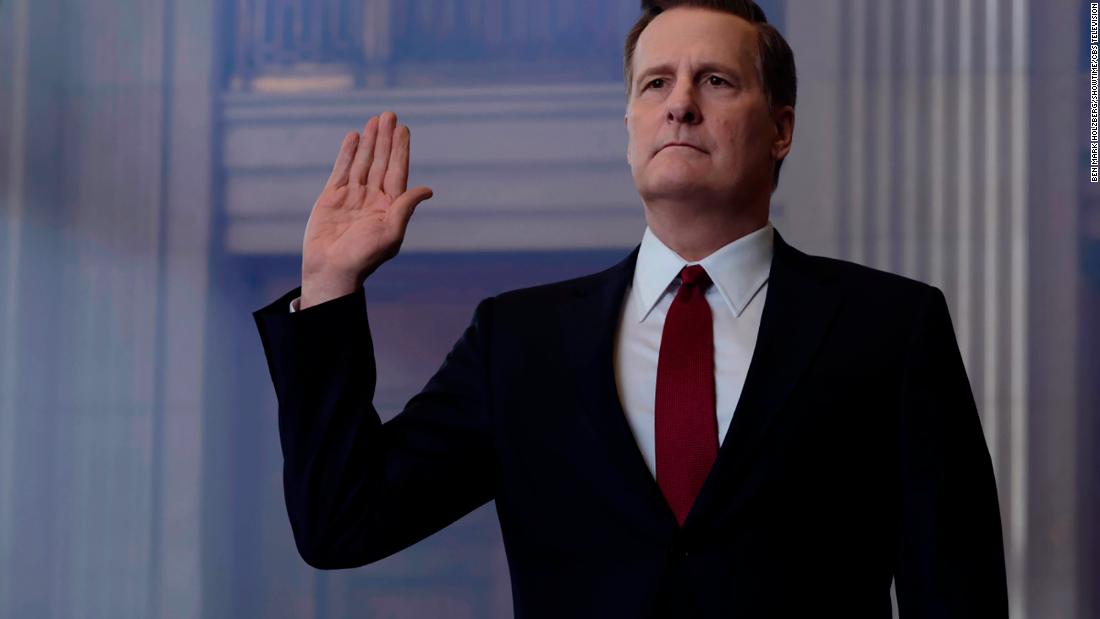 Image caption
Left to right: Zoe Ball, Vanessa Feltz, Lauren Laverne and Fiona Bruce are in the top 10
Image caption
Left to right: Zoe Ball, Vanessa Feltz, Lauren Laverne and Fiona Bruce are in the top 10
Four women now feature in the list of BBC's top 10 highest earners, the corporation's annual report shows.
Zoe Ball's pay has risen by £1m after taking over the Radio 2 Breakfast show, while Fiona Bruce and Lauren Laverne have moved into the top 10.
Match of the Day host Gary Lineker officially remains the best-paid star with an unchanged salary of £1.75m.
But director general Tim Davie said he had now agreed to a pay cut, which will be reflected on next year's list.
Image caption Gary Lineker's pay cut is estimated to amount to more than £400,000 a year"Gary Lineker has signed up to a new five-year contract saving a quarter over his last contract," Mr Davie told reporters.
He did not give figures, but a quarter of the former footballer's current salary would amount to more than £400,000. That means Lineker's pay will be less than Ball's if she stays on the same level.
Mr Davie described him as a brilliant broadcaster and said it was a great example of the "best talent and the best value".
"And before you ask, Gary knows his responsibility to the BBC in terms of his use of social media," Mr Davie added, referring to social media rules for BBC staff and presenters that are expected to be announced soon.
Overall, the total salary bill for on-air talent in 2019/20 rose by £1m to £144.6m. The top 10 earners are still all white.
Some stars don't appear on the list because commercial arm BBC Studios, which makes many shows, doesn't have to disclose its fees.
As a result, the stars of some of the BBC's biggest programmes - like Top Gear and Doctor Who - are absent from the list.
Ball has risen despite the fact that her Strictly spin-off show It Takes Two is made by BBC Studios and so is not included.
Top 10 salaries
1. Gary Lineker - £1,750,000-£1,754,999 (Match of the Day, Premier League and FA Cup, Sports Personality of the Year) 2. Zoe Ball - £1,360,000-£1,364,999 (Radio 2's Zoe Ball Breakfast Show) 3. Graham Norton - £725,000-£729,000 (Weekly show on Radio 2, a range of programmes and series, Bafta film and TV awards) 4. Steve Wright - £475,000-£479,999 (Radio 2's Steve Wright in the Afternoon, Steve Wright's Sunday Love Songs) 5. Huw Edwards - £465,000-£469,999 (News at Six and News at Ten, presenting on BBC One and the News Channel, election night and news specials) 6. Fiona Bruce - £450,000-£454,999 (Question Time and presenting on BBC One) 7. Vanessa Feltz - £405,000-£409,999 (Radio 2 early Breakfast Show, Radio London Breakfast Show, Radio 2 cover) 8. Lauren Laverne - £395,000-£399,999 (BBC 6 Music Breakfast Show, 6 Music Recommends, Radio 4's Desert Island Discs, Mercury Music Prize) =9. Alan Shearer - £390,000-£394,999 (Match of the Day: Premier League and FA Cup) =9. Stephen Nolan - £390,000-£394,999 (The Nolan Show on Radio Ulster, Nolan Live on BBC One (Northern Ireland), The Stephen Nolan Show on 5 Live) 10. Ken Bruce - £385,000-£389,999 (Radio 2's Mid Morning Show, Eurovision Song Contest, Radio 2 Live in Hyde Park)Last year, the list included three women - Ball, Winkleman and Feltz.
The overall gender pay gap at the BBC has fallen from 6.7% to 6.2%. Previous director general Tony Hall had pledged to close the gender pay gap by 2020.
This annual report contains plenty of complex messages, but is likely still to lead to simple and negative headlines for the BBC.
The list of salaries for on-air broadcasters - which includes me - reflects three years of reforms.
As part of those reforms, many broadcasters - particularly but not exclusively men - either took significant pay cuts (Huw Edwards, Jeremy Vine etc) or left the BBC (Chris Evans, John Humphrys, Eddie Mair).
Now, several broadcasters - particularly but not exclusively women - have had pay rises.
Crucially, the pay rises for these female broadcasters (Zoe Ball, Fiona Bruce, Lauren Laverne, Emily Maitlis), reflect additional work.
The overall rise in pay for those whose salaries are published - around £1m - is not, in financial terms, huge, given the number of people to which it pertains, and the salaries themselves.
Nevertheless, the optics are bad for the BBC. Complexity doesn't cut through in stories about high pay.
The simple fact is, in a time of immense hardship across the country, with so many people redundant or furloughed and suffering, these huge salaries (and their modest overall increase) will strike many licence fee payers as disgraceful.
The other big story is the BBC's finances. In the medium-term, they are badly strained. It is striking that by the end of next year, the BBC will have delivered around £800m in savings in just five years.
But the fact that the licence fee didn't rise with inflation between 2010 and 2017, and the £125m hit (at least) from the coronavirus pandemic, are a huge injury to the bottom line for the coming year.
And that's before you even consider whether a generation who give so much time to TikTok, YouTube and WhatsApp feel they need to pay for a TV licence.

 5 years ago
1090
5 years ago
1090 

